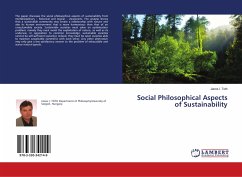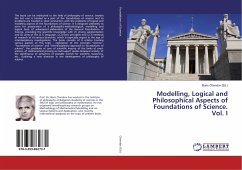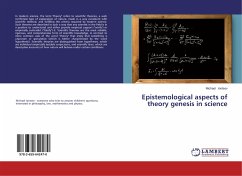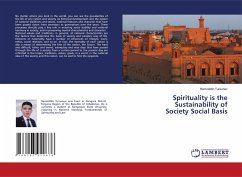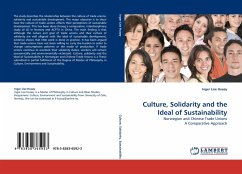The paper discusses the social philosophical aspects of sustainability from multidisciplinary - historical and logical - viewpoints. The analysis shows that a sustainable community may create a relationship with nature and also its human environment that is more harmonious than that of an unsustainable society. Sustainable societies must solve an optimization problem, namely they must avoid the exploitation of nature, as well as its underuse. In opposition to common knowledge, sustainable societies cannot be self-sufficient (autarky); indeed, they must be open societies able to maintain sustainable commerce with each other. Any other alternative may only give a less satisfactory answer to the problem of exhaustible and scarce natural goods.
Bitte wählen Sie Ihr Anliegen aus.
Rechnungen
Retourenschein anfordern
Bestellstatus
Storno

